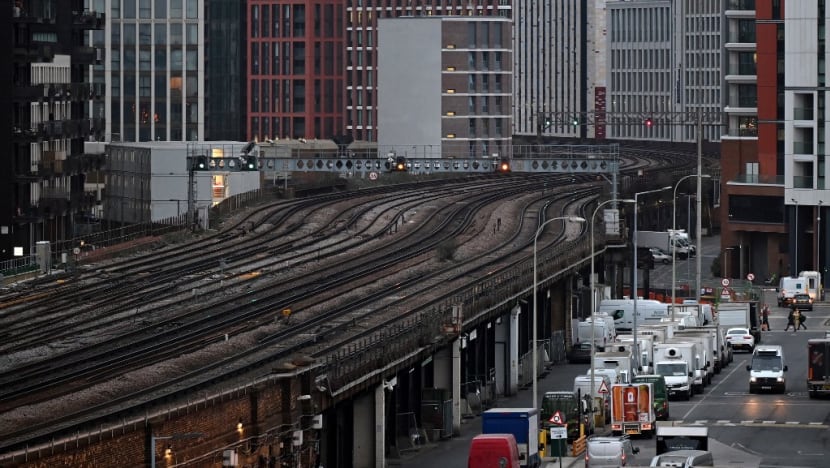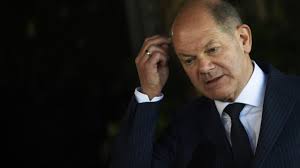
LONDON, Feb 2 (NNN-AGENCIES) — Half a million people stopped work over pay in Britain on Wednesday leaving transport networks paralysed and thousands of classrooms empty in the largest walkout in over a decade.
As Europe battles a cost-of-living crisis, Britain’s umbrella labour organisation the Trades Union Congress (TUC) called it the “biggest day of strike action since 2011”.
The latest round of stoppages comes a day after more than 1.27 million took to the streets in France, increasing pressure on the French government over pension reform plans.
British Prime Minister Rishi Sunak has called for pay rises to be “reasonable” and affordable”, warning that big pay hikes would jeopardise attempts to tame inflation.
But unions have accused millionaire Sunak of being out of touch with the challenges faced by ordinary working people struggling to make ends meet in the face of low-paid, insecure work and spiralling costs.
Teachers and train drivers were among the latest groups to act, as well as Border Force staff at UK air and seaports.
The NEU teaching union estimated 85 per cent of schools in England and Wales had been hit by walkouts, adding that this indicated the “level of anger” in the profession.
Britain has witnessed months of strikes by tens of thousands of workers – including postal staff, lawyers, nurses and employees in the retail sector – as UK inflation raced above 11 per cent, the highest level in more than 40 years.
Train stations in the capital were deserted or completely closed.
Combative RMT union leader Mick Lynch, who has been representing many rail workers, told teachers who marched through London to parliament “every worker needs a pay rise, every worker needs a square deal … We are demanding change”.
Joint NEU teaching union chiefs Mary Bousted and Kevin Courtney meanwhile warned that schools would be hit by more strikes unless the government came up with “concrete and meaningful proposals”.
Government and company bosses are standing firm, however, over wage demands.
Education Minister Gillian Keegan told Times Radio she was “disappointed” teachers had walked out.
But Mark Serwotka, head of PCS, the largest trade union in the civil service, said the government’s position was “unsustainable”.
“It’s not feasible that they can sit back with this unprecedented amount of industrial action growing, because it’s half a million today,” he told Sky News.
“Next week, we have paramedics, and we have nurses, then will be the firefighters,” he added, warning that unions were prepared to strike throughout the summer.
Asked what Prime Minister Sunak was doing to resolve the strikes, his official spokesman said inflation remained the “biggest risk” to pay packets and that the government was ready to hold more talks with unions to avert further strike action.
But he said ministers had to balance union demands with the need not to further fuel inflation and be fair to all taxpayers.
The latest official data shows 1.6 million working days were lost from June to November last year because of strikes – the highest six-month total in more than three decades – according to the Office for National Statistics (ONS).
A total of 467,000 working days were lost to walkouts in November alone, the highest level since 2011, the ONS added.
Alongside the strikes, unions also staged rallies across the country against the Conservative government’s plans to legislate against public sector strike action. — NNN-AGENCIES




